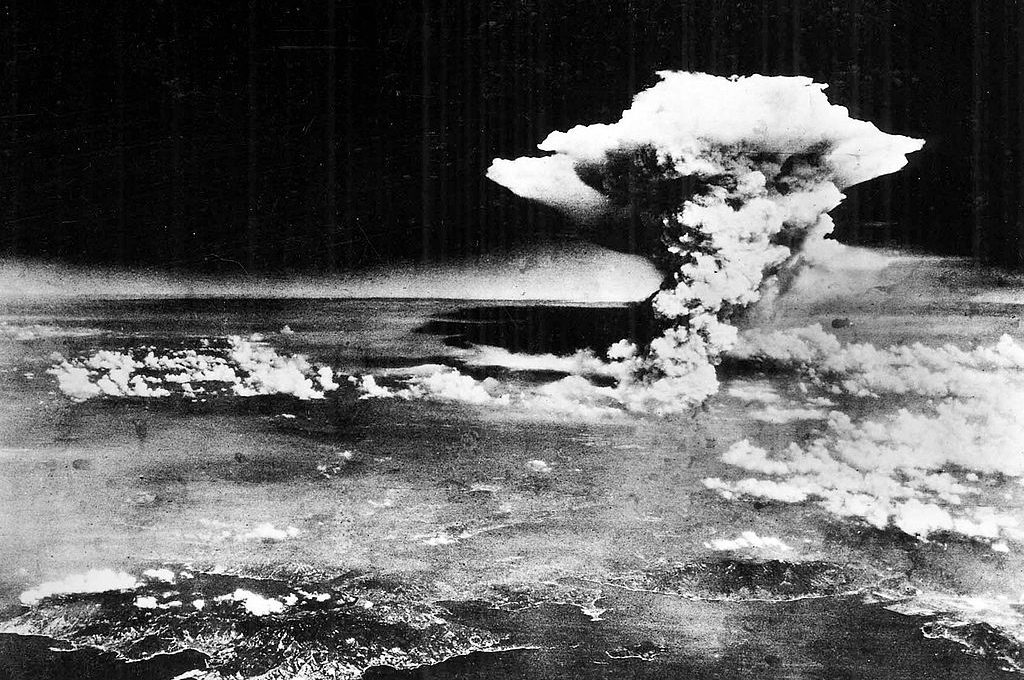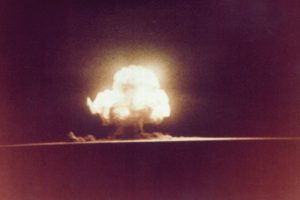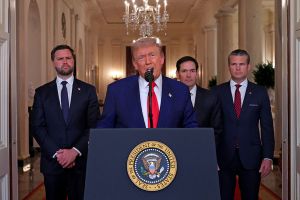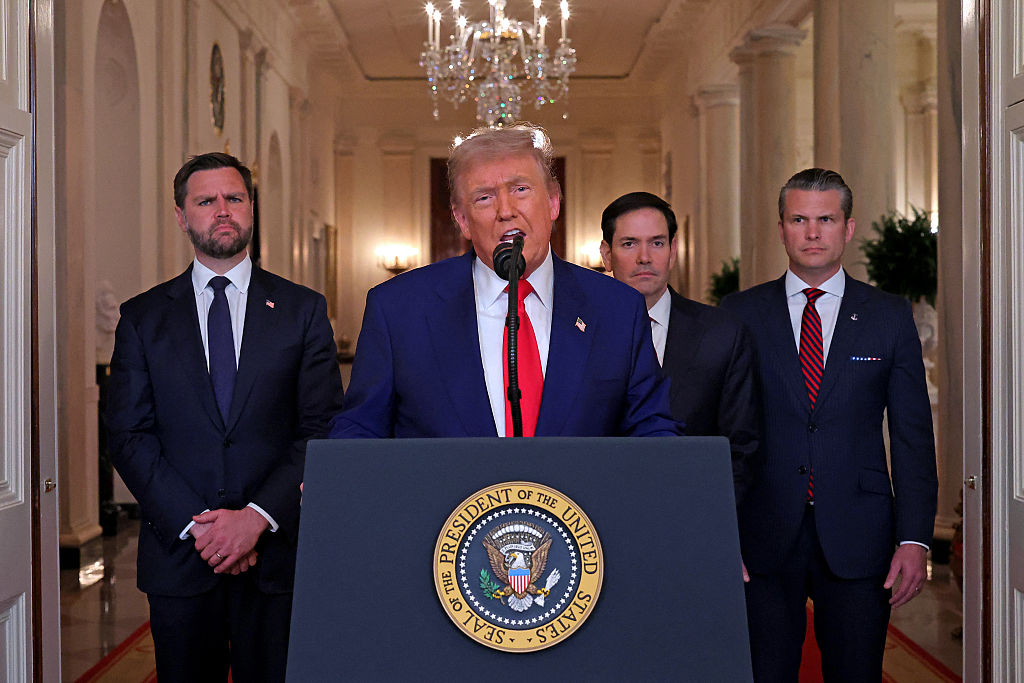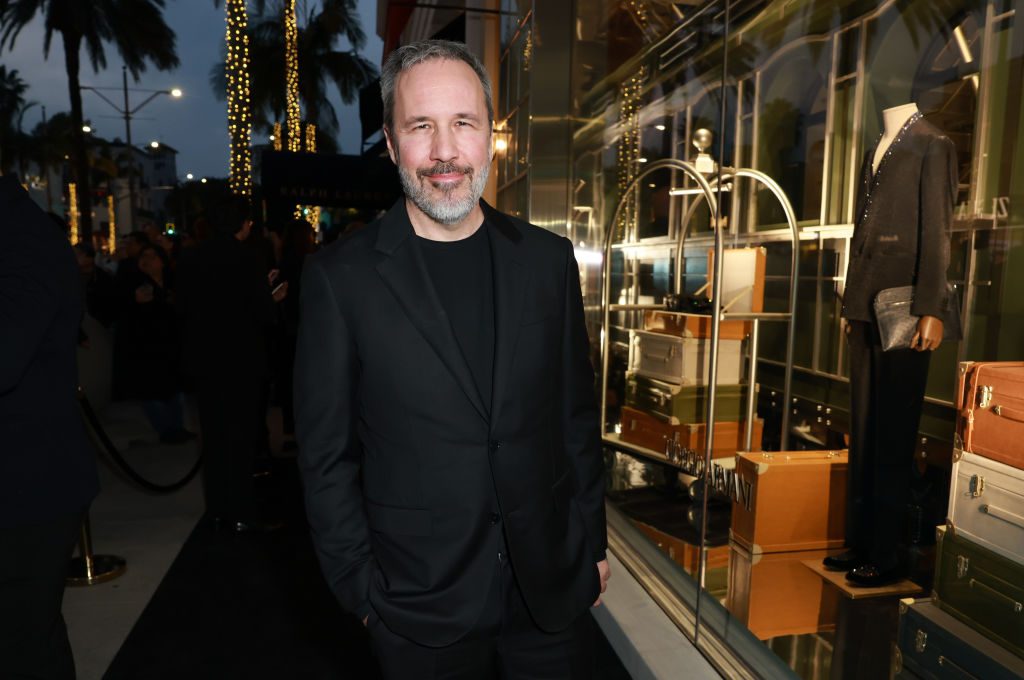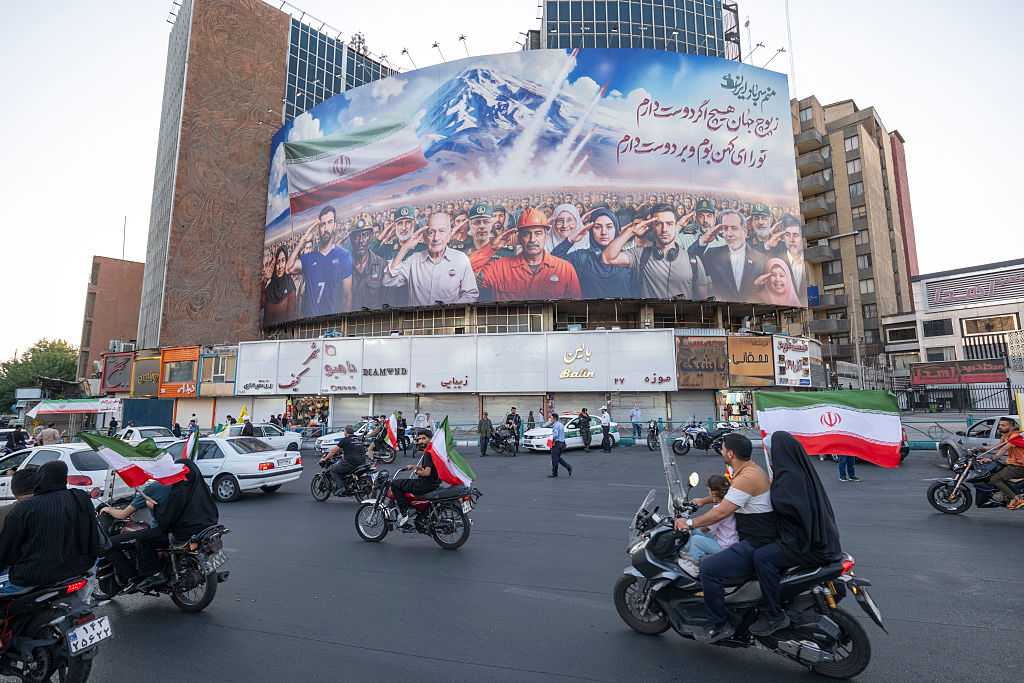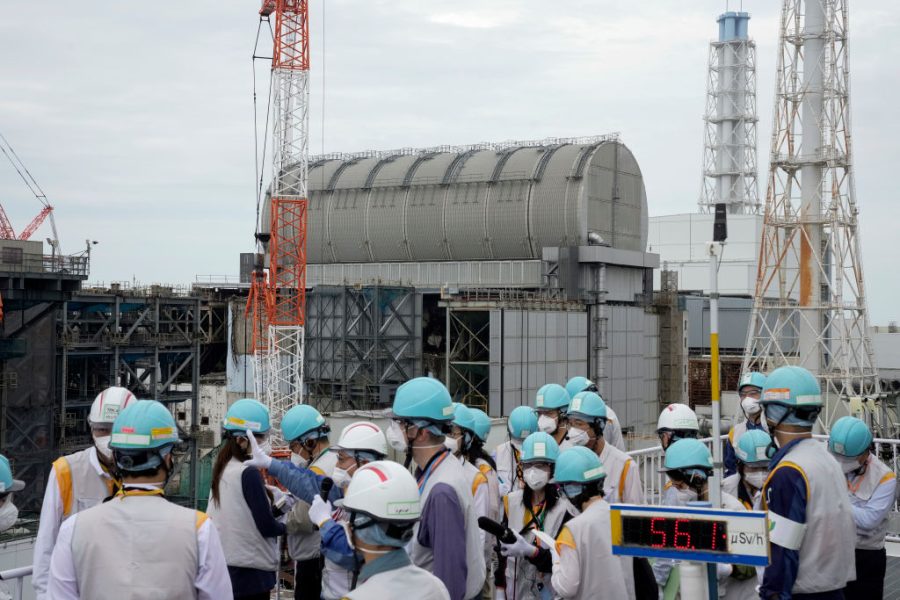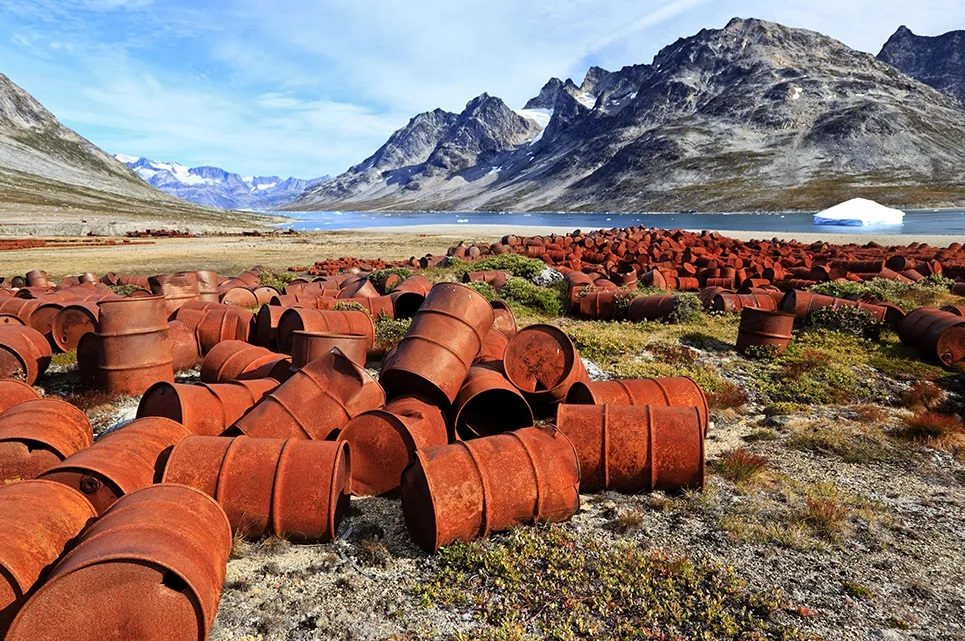It’s August 6, which means that it is the anniversary of the atomic bombing of Hiroshima.
Every year at this time there are a spate of articles about that horrific event. Some of the articles are condemnatory; some hand-wringing; some are defiantly supportive.
This year, the recent release of Christopher Nolan’s new movie about J. Robert Oppenheimer and the making of the atomic bomb has given the controversy over the development and deployment of that awesome weapon a new urgency.
Something else that has contributed to the fraught atmosphere is the war in Ukraine. After all, one side in that conflict, Russia, controls the world’s largest arsenal of nuclear weapons, more than 6,000 warheads. My friend Roger L. Simon is right: atomic weapons are “as close or closer to being used today than ever since World War Two because of the endless war in Ukraine.”
That is a sobering thought.To his succeeding questions “Was this worth doing? Was it moral to build such an extreme weapon?” I would answer “yes” and “yes.” I also, by the way, support our use of this most horrible weapon in Japan. Why? Because its use at Hiroshima and Nagasaki ended World War Two. In so doing, it saved hundreds of thousands of American lives. Data point: the military is still using the huge supply of Purple Hearts it manufactured in anticipation of an invasion of the Japanese home islands.
But put the number of American lives saved to one side. The use of the bomb, by ending the war, also saved millions of Japanese lives.
This was widely understood at the time. In subsequent years, however, a new, mostly left-wing, narrative has grown up which faults President Truman for using the bomb. Today, as Oliver Kamm noted in the Guardian, “Hiroshima” and “Nagasaki” are often used as a shorthand terms for war crimes.
That is not how they were judged at the time. Our side did terrible things to avoid a more terrible outcome. The bomb was a deliverance for American troops, for prisoners and slave laborers, for those dying of hunger and maltreatment throughout the Japanese empire — and for Japan itself. One of Japan’s highest wartime officials, Kido Koichi, later testified that in his view the August surrender prevented 20 million Japanese casualties. The destruction of two cities, and the suffering it caused for decades afterwards, cannot but temper our view of the Pacific war. Yet we can conclude with a high degree of probability that abjuring the bomb would have caused greater suffering still.
What is the essence, the core, of conservative wisdom? One part is that when it comes to the real world, the choices we face are often not between good and bad but between bad and worse. This is particularly true in times of war. A difficult lesson. But crucial for those who wish to do good as well emit good-sounding slogans.



